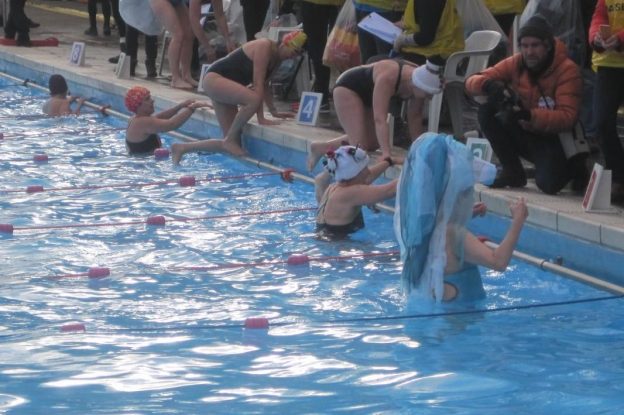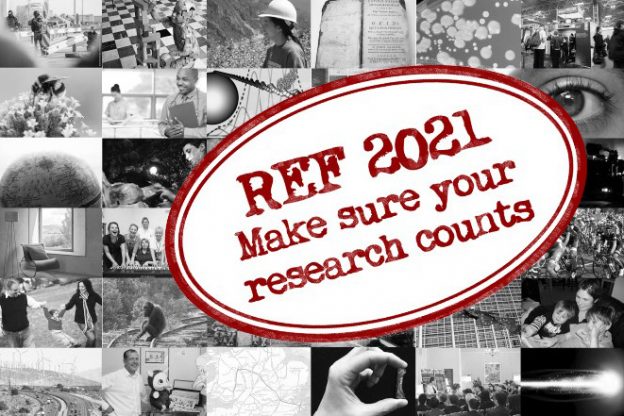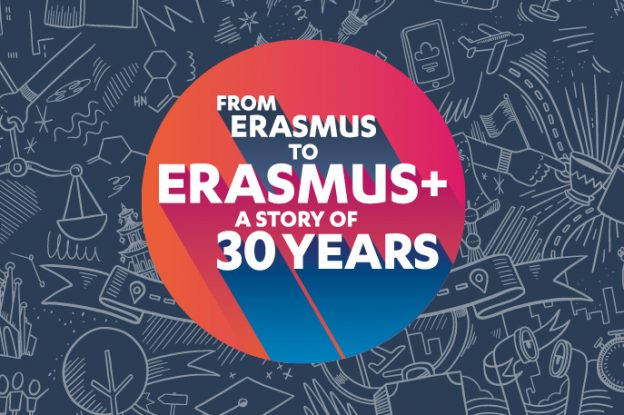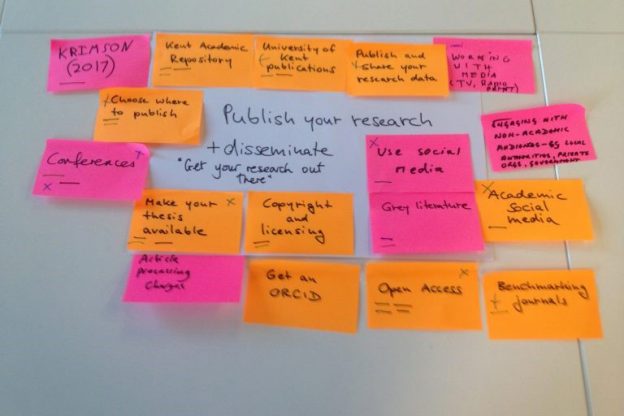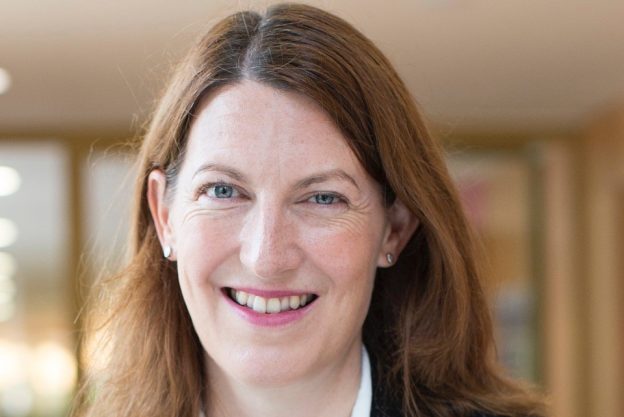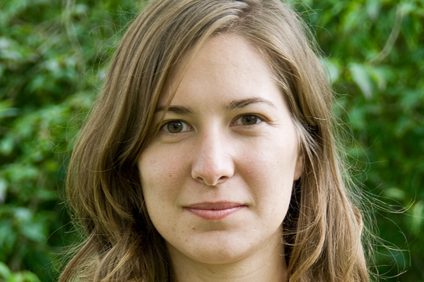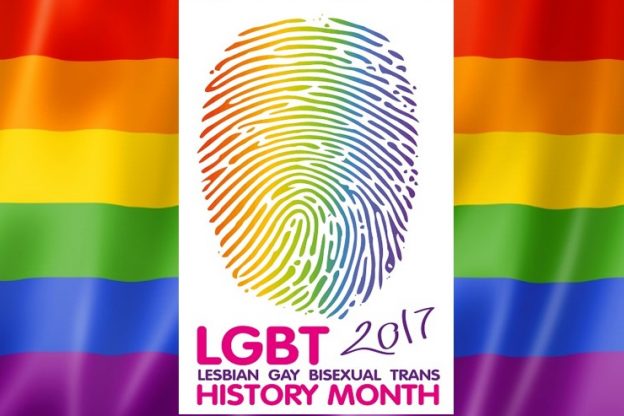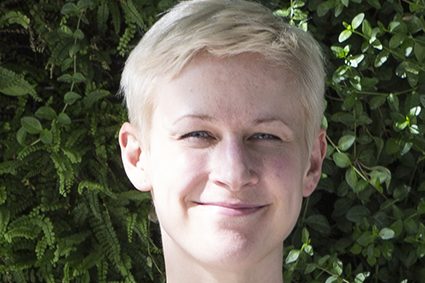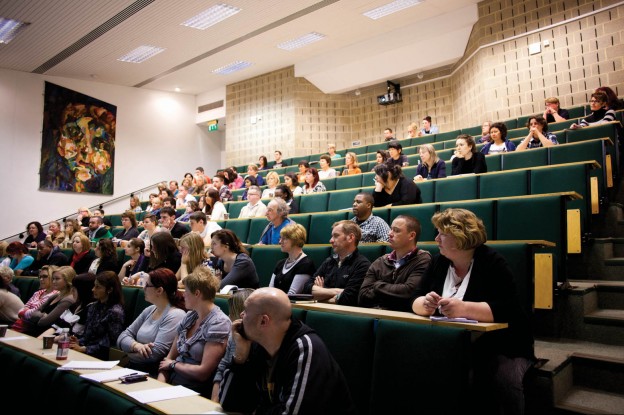There’s a lot of helpful content for Kent academics and research postgraduates on the University website: from how to upload your electronic thesis, to applying for funding or making your research outputs eligible for the next REF.
As these services are provided by different University departments, there is no single starting point from which to find all the services and information that are relevant to researchers.
In the Library’s Research Support team, we wanted to explore if such a one-stop shop would be useful and what it could look like. So in October we ran a card sorting workshop with researchers to understand:
- what help do researchers want?
- what information do they need at what point in the research process?
- should the information be presented differently for PhD students and for staff researchers?
Format of the workshop
On a table, we set out five A3 sheets with the stages (nodes) of the research lifecycle (as we saw it) written on them:
- Your idea
- Get funding
- Do the research
- Publish your research
- Make the most of your research
We had also written what we thought were the main activities researchers need our help with on around 40 orange Post-It notes.
Then we asked participants to:
- place the orange Post-Its onto the nodes they thought were most appropriate
- discuss or provide a running commentary throughout
- add pink Post-It notes for any elements they thought were missing.
- suggest better ways of wording things
- mark with a pen the Post-Its for the “services” they have used.
There was lively discussion among the participants. We deliberately refrained from explaining or making excuses for the way our services or web pages work currently.
Participants
We had 6 participants for the workshop: current PhD students, a recently qualified PhD student now working in research administration, a senior researcher and two mid-career researchers. They represented a mixture of Science, Social Science and Humanities disciplines.
Outcomes
Some of our orange Post-Its got queried, and the participants added quite a few pink Post-Its for things we hadn’t covered or they felt should be in two different places.
The name we had given our first node “Your idea” didn’t resonate with participants and they suggested improvements. For “Publish your research” they suggested expanding/rewording this slightly. They also added a couple of nodes we hadn’t thought of.
We also have lots of comments to work through
It became quite clear that the research lifecycle looks different for PhD students as opposed to more mature researchers, so we will design a separate entry page for both.
Next steps
- In the coming month, we will analyse the findings in detail.
- We’ll develop prototypes for separate research support web pages for PhD students and staff researchers.
- We’ll test the prototypes with researchers in another workshop, planned for March.
If you would like to be involved in the next workshop or have feedback, please email researchsupport@kent.ac.uk
